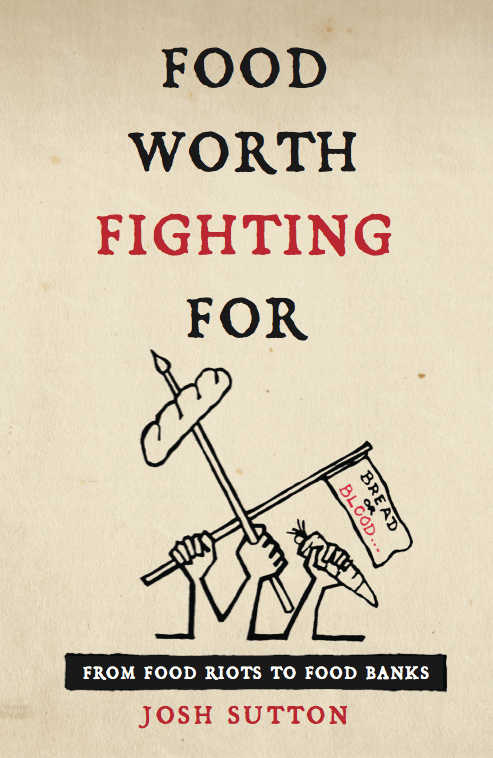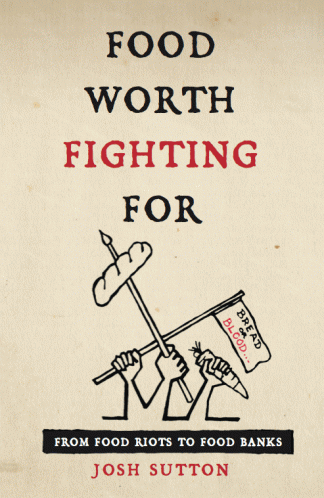Description
Josh Sutton
• March on the markets: The West Country Food Riots of 1766 • • Against the grain: The Ely and Littleport ‘Bread and Beer’ Riots of 1816 • • The development of the modern food system and the growing battle for ‘Food Security’ • This book takes a look at some of the food riots of the eighteenth and nineteenth centuries and other food related social conflict in the UK and tells the story of those involved. Using words and verse from contemporary broadside ballads and folk song, which emerged in the years that followed on from events, the author looks closely at the evolution of the modern food system. Drawing on some of the actions of food rioters of earlier centuries, the author suggests that the spirit of the food riot is still very much alive today, and is apparent in the practise of some of those engaged in providing food charity in modern Britain. As the issue of food poverty rears its hungry head once more, from the fair price forced sales in the market squares of old England, to the pay as you feel cafes of inner cites today, it appears little has changed when it comes to Food Worth Fighting For. Josh Sutton is a freelance writer and illustrator with a focus on food and travel. He writes and illustrates a regular column in Camping Magazine and his features have appeared in The Guardian, The Yorkshire Post, Petits Propos Culinaires and a number of other publications including; Country Walking Magazine, The Big Issue and Green Parent Magazine. His first book, Guyrope Gourmet, came out in 2014. Review in The Guardian, 2nd July 2016, by PD Smith:
At a time when welfare cuts and austerity measures have resulted in an estimated 1 million people being dependent on food banks, Josh Sutton’s original history of food riots is both timely and fascinating. The right to fight for affordable food is a largely forgotten tradition, argues Sutton; ‘an overlooked continuum of struggle dating back hundreds of years’. Indeed, he traces its origins back to the enclosure of common land beginning in the 15th century that left a ‘slow burning disdain’ among ordinary people. This exploded in riots: in the 200 years before 1820 there were more than 700 food riots in England. They ‘paved the way for the creation of the welfare state’. This tradition has morphed into the ‘food fight’ popular campaigns waged through social media against the practises of multinational food companies and giant supermarket chains. In this passionately argued book, Sutton claims that the level of poverty today means we may see food riots again: ‘We need to rethink our food systems’.


